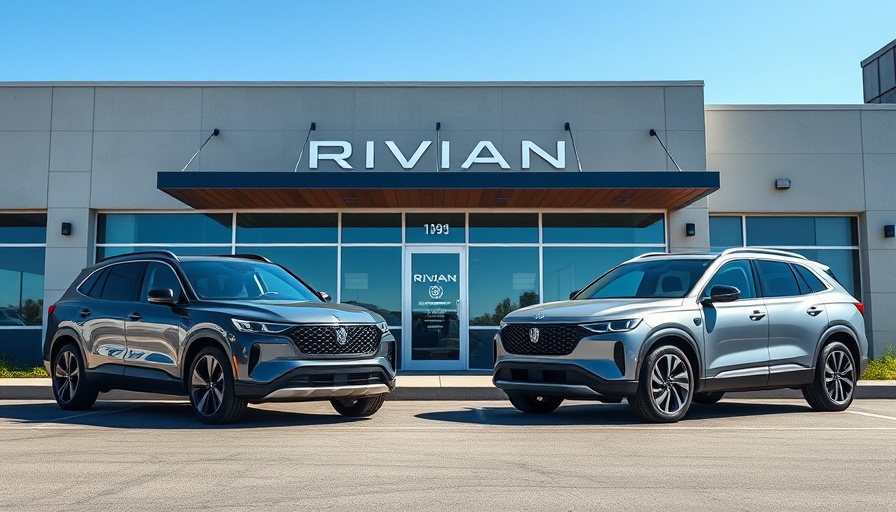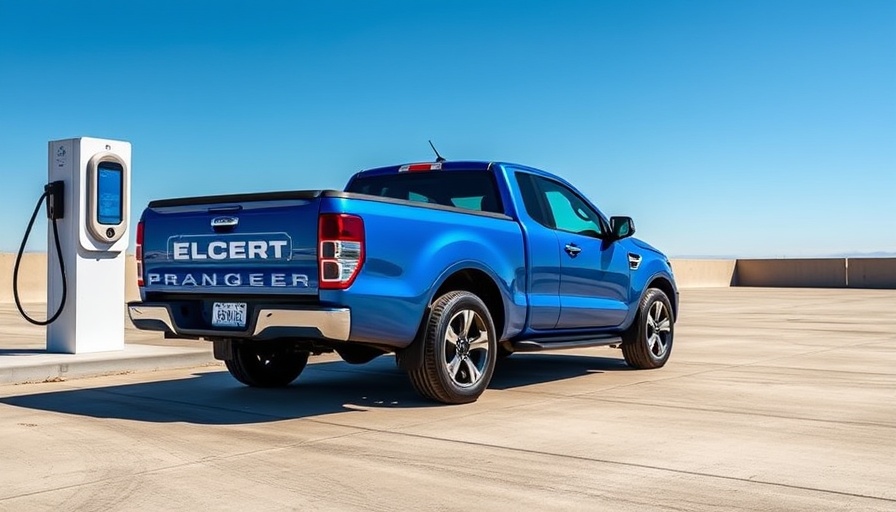
The Rise of Direct Sales in the Automotive Industry
The automotive market is undergoing a significant transformation, driven primarily by the electric vehicle (EV) boom. This shift has sparked a battle between traditional franchised dealerships and manufacturers like Tesla and Rivian that prefer to sell directly to consumers. The recent case of Rivian's lawsuit in Ohio exemplifies this conflict, where they argue that laws preventing direct sales are harming consumers.
Understanding Rivian's Legal Challenge
Rivian, an electric vehicle manufacturer that has been selling cars directly since its inception, is seeking the right to sell its EVs in Ohio. The automaker has pointed out that the existing laws favor franchised dealers and limit competition. In their lawsuit filed against Ohio's Bureau of Motor Vehicles, Rivian argues that these prohibitions not only restrict consumer choice but may also lead to higher prices and additional inconveniences, such as forcing Ohio consumers to purchase vehicles from other states.
Direct Sales: A Consumer-Centric Approach?
Proponents of direct sales, including Rivian and Tesla, argue that bypassing traditional dealerships creates a better purchasing experience for the consumer. This method allows for more transparent pricing and a streamlined buying process. Rivian's lawyers remarked that allowing direct sales would enhance competition and reduce costs for consumers. This is particularly relevant for electric vehicles, where innovations occur rapidly and consumer demand is shifting towards more accessible purchase processes.
The Influence of Franchised Dealer Associations
One of the biggest challenges faced by new entrants in the auto industry stems from the strong influence of franchised dealer associations. These organizations often lobby for laws that protect traditional dealership models, which can culminate in regulations that restrict direct sales by new automakers. Rivian's lawsuit indicates that previous legislation was likely driven by lobbying efforts from the Ohio Automobile Dealers Association. Such dynamics not only create legal hurdles for new companies but also shape the marketplace in ways that may hinder innovation and consumer benefit.
The Future of the Automotive Market: Trends and Predictions
As more consumers steer towards electric vehicles, the preference for direct sales is expected to grow. If Rivian successfully overturns the direct sales ban in Ohio, it could set a precedent for other states and manufacturers within the EV market. The evolution of purchasing models alongside consumer behavior suggests a probable shift in the legislative landscape regarding car sales.
Conclusion: Why This Matters to Consumers
Understanding the power dynamics at play in the automotive sales landscape is essential for consumers. The ongoing battle between direct sales advocates and traditional dealership proponents may have a significant impact on prices, competition, and consumer rights. The outcome of Rivian's lawsuit could define not only their business model but could also set a crucial benchmark for how new automotive manufacturers operate in the future.
 Add Row
Add Row  Add
Add 




Write A Comment